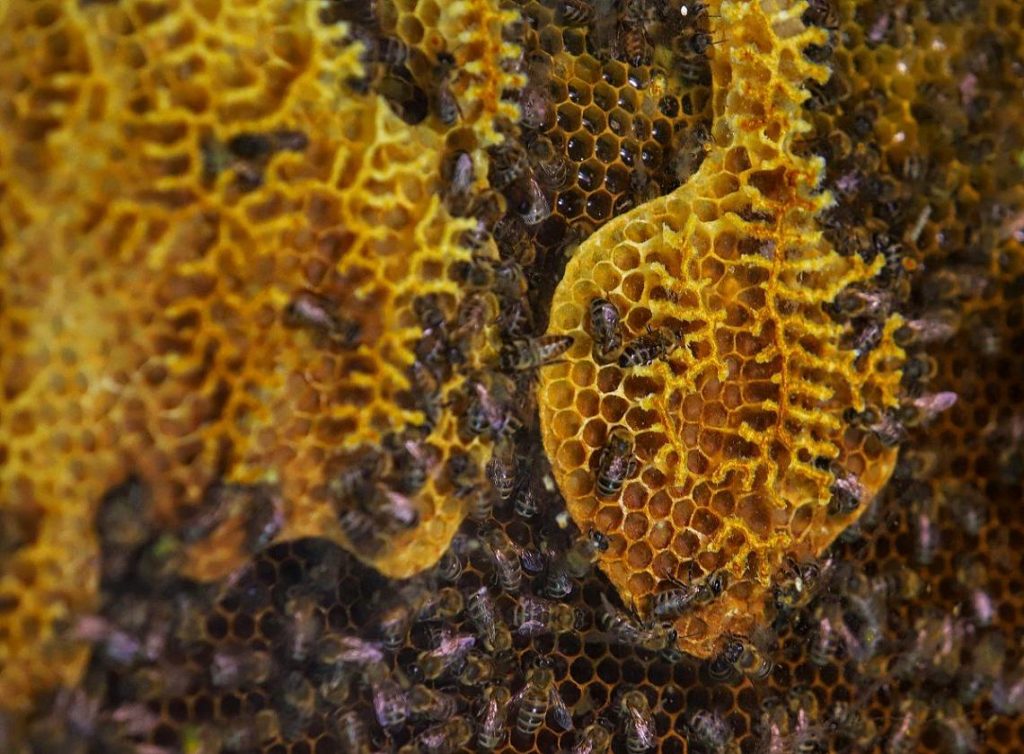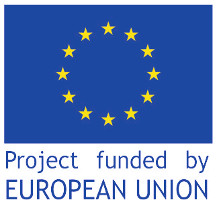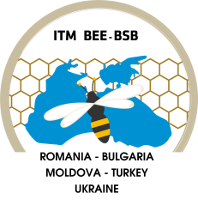“If the bees disappear from the Earth, a person has no more than four years to live. The more pollination, the more plants, the more animals and the more people.
Albert Einstein

There is hardly a person who has not heard this famous quote from the genius scientist Albert Einstein.
But do we really realize how important these hard-working insects really are to life on Earth? They pollinate the plants and their nectar is collected and processed to turn it into a delicious and useful honey.
How this happens in practice can be seen in the one-of-a-kind Museum of the Bee in Sofia, located in a small house made of natural materials near the metro station “G. M. Dimitrov ”. There is also a specially built transparent hive in which all curious guests can see how the life of bee families goes.
“Bees play an important role in biodiversity. Over 99% of everything we consume – fruits and vegetables, reaches us thanks to bee pollination. That is why we created this information center in order to raise again the issue of the importance of their protection “, says the coordinator of the museum Petar Valchovski. He explains that bees face two main problems in order to survive – pesticides and diseases.
“There needs to be better coordination between farmers and beekeepers. You should always be warned when spraying with pesticides so that beekeepers can close their hives so as to minimize the loss of bees on that day. This is not done in Bulgaria and that is why these tragic results are reached “, the beekeeper thinks.
He advises everyone who wants to start beekeeping, to read a lot of literature on the subject in advance or to enroll in one of the courses offered.
“It’s a very responsible thing. People start, but in the first year they realize that the work is very hard. They suffer big losses, get disappointed and give up, “said Petar Valchovski.
According to him, beekeepers must make tests on their hives for various diseases. Although they cost some money, they can focus on the measures needed to minimize losses. Wintering bees is also an important issue.
“The bees themselves raise the temperature in the hive. We don’t need to heat them. They can develop a temperature of about 36 degrees. A healthy beehive, in which there is enough food, can survive even at minus 50 degrees outside “, explained Petar Valchovski.
Raising bees in an urban environment is also possible, and many European cities are developing this practice. The existence of bees in the city is also a good indicator because it shows that the air is not so dirty.
For anyone who buys honey, the expert also has some tips. “Everyone can ask the beekeeper for information on whether a honey has passed through a laboratory. However, if he wants to judge by eye whether a honey is good, the best indicator is the process of crystallization (sugaring). If the honey has crystallized, it is obviously good, because when sugar syrup or glucose is added, this process cannot take place. Many people are looking for liquid honey, but hard honey is proof that it is good, “says the beekeeper.
As the museum building is made entirely of natural materials – wood and clay, the recent rains have caused some damage. That is why the team appeals to anyone who wants to help in any way they can.



